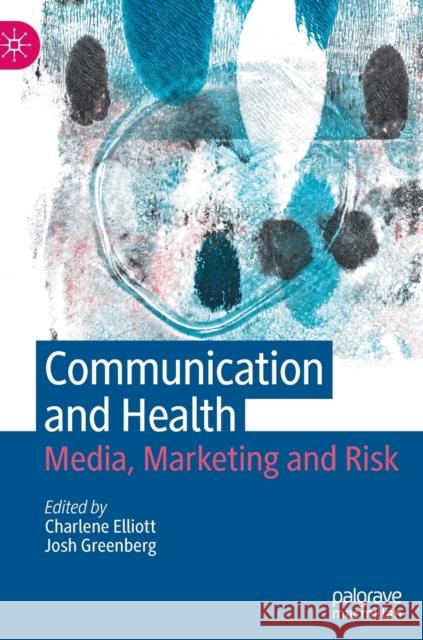Communication and Health: Media, Marketing and Risk » książka
topmenu
Communication and Health: Media, Marketing and Risk
ISBN-13: 9789811642890 / Angielski / Twarda / 2021 / 372 str.
Kategorie:
Kategorie BISAC:
Wydawca:
Palgrave MacMillan
Język:
Angielski
ISBN-13:
9789811642890
Rok wydania:
2021
Wydanie:
2021
Ilość stron:
372
Waga:
0.59 kg
Wymiary:
21.01 x 14.81 x 2.24
Oprawa:
Twarda
Wolumenów:
01
Dodatkowe informacje:
Wydanie ilustrowane











